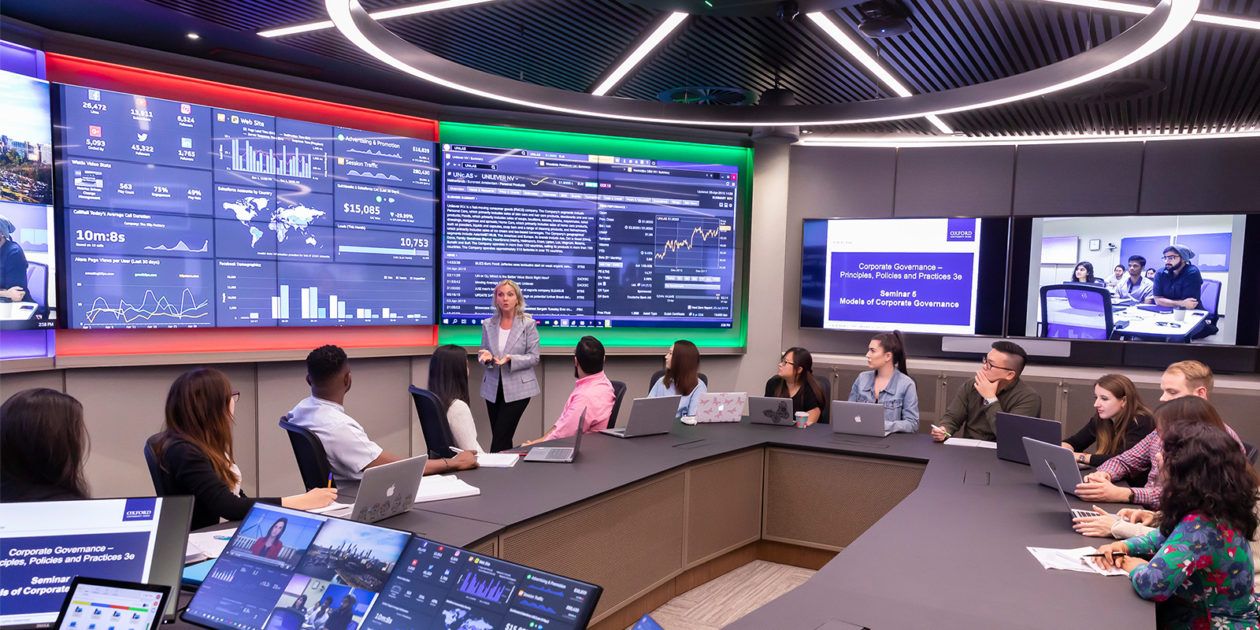Overview
Overview
This program is designed for graduates who have financial, analytical, research and communication skills required of professional accountants, and for graduates from non-accounting backgrounds who are seeking an accredited accounting qualification.
The course offers a comprehensive foundation in areas such as financial reporting, auditing, taxation, management accounting and business law, while also strengthening critical thinking and problem-solving skills essential for contemporary accounting practice.
Through a combination of theory and practical learning, you will develop the competencies needed to build a successful career in accounting across a wide range of sectors.
Choose your major
After completing your first year, you'll choose one of these four majors:
What you'll learn
- apply principles of financial accounting, managerial accounting, governance and auditing to grasp theoretical underpinnings of the discipline. Extend knowledge base with research and application of business research methods.
- apply critical and analytical thinking to develop innovative solutions to complex problems in relevant business fields.
- locate, extract and critically appraise information from a range of sources and effectively communicate it using structured financial or other appropriate language to a professional audience for a range of purposes.
- develop ongoing professional, self-directed and reflective education relating to developments and changes in the information requirements of a global financial system that is multi-perspective in nature, and apply international financial reporting standards.
- recognise that cultural practices and differences impact upon commercial endeavours and interpersonal relations. Work effectively in multicultural team environments.
- exhibit professional and ethical approach to analysing and reporting commercial activities demonstrating leadership, collaborative and independent qualities when required, in compliance with appropriate legislation and protocols.

